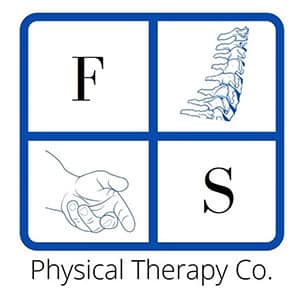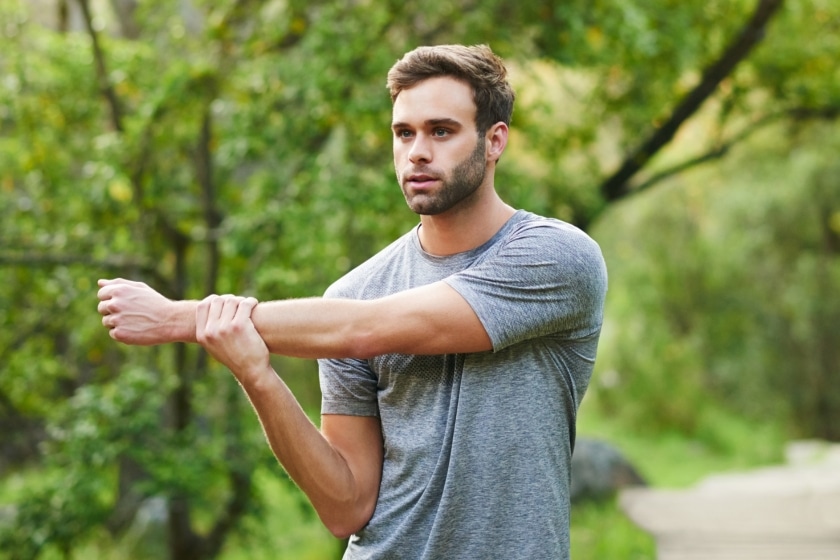Summer is the perfect season to soak in the sun, enjoy outdoor adventures, and move your body in new and exciting ways. Whether it’s running on your favorite trail, playing beach volleyball, hiking with friends, or simply gardening in the backyard, the warmer weather invites us all to become more active.
But with all that increased activity comes a higher risk of injury—especially if we jump into movement too quickly or forget to listen to our bodies. That’s why staying safe and injury-free should be just as important as having fun.
In this comprehensive guide, we’ll walk you through the essential steps to enjoy summer activities while protecting your body—so you can keep doing what you love, pain-free.
Why Summer Brings More Injuries
As temperatures rise, so does our motivation to get moving. Unfortunately, many people dive straight into physical activity after a relatively sedentary winter or spring. The result? Overuse injuries, strains, heat-related conditions, and flare-ups of old problems.
Some of the most common summer-related injuries include:
- Ankle sprains from uneven outdoor terrain
- Lower back pain from lifting or bending incorrectly (gardening, yard work)
- Knee issues from high-impact sports or running on hard surfaces
- Shoulder strains from swimming, throwing, or carrying equipment
- Overheating and dehydration during workouts in high heat
The good news? Most of these injuries are preventable with a few smart strategies.
Warm Up and Cool Down: Always
Skipping your warm-up might seem like a time-saver, but it increases your injury risk significantly. Warming up gradually increases your heart rate and circulation, preparing your muscles and joints for movement.
Try this 5-minute summer warm-up:
- March in place (1 min)
- Arm circles and shoulder rolls (1 min)
- Bodyweight squats (1 min)
- Leg swings (1 min)
- Neck and spine mobility (1 min)
Follow it up with a cooldown routine after activity:
- Light walking
- Hamstring and quad stretches
- Shoulder and upper back stretches
- Deep breathing and hydration
Stay Hydrated
This might be the most repeated advice of all time, but it’s critical. Dehydration doesn’t just affect your performance—it can lead to cramps, dizziness, and heat stroke.
Quick hydration tips:
- Drink 8–16 oz of water 30 minutes before exercise
- Sip water every 15–20 minutes while active
- Rehydrate with water or electrolyte drinks post-workout
- Avoid sugary or alcoholic beverages when recovering
Dress Smart for the Heat
Your gear matters. Choose lightweight, breathable fabrics that wick away sweat. A wide-brimmed hat and UV-blocking sunglasses can also protect you from sun exposure.
Footwear is just as crucial. Switching to flip-flops or unsupportive shoes for long walks or yard work can strain your feet, ankles, and knees.
Know Your Environment
Outdoor activity introduces new variables—like uneven terrain, high pollen counts, or extreme temperatures. Before you head out:
- Check the weather and heat index
- Choose shaded routes when walking or running
- Use sunscreen to avoid sunburn
- Avoid the hottest part of the day (11 a.m. – 3 p.m.)
Listen to Your Body
The biggest mistake people make in the summer is pushing through discomfort. If something feels off, don’t ignore it. Pain, stiffness, and fatigue are your body’s way of asking for a break or a change.
Pay attention to:
- Persistent soreness after activity
- Swelling in joints or muscles
- Limited mobility or range of motion
- Pain that disrupts sleep or daily movement
Ease Into New Routines
Don’t go from zero to 100. If you’re just returning to physical activity:
- Start with 10–20 minutes of low-impact movement
- Build up intensity gradually each week
- Cross-train to avoid overuse (walking + swimming + biking)
- Take at least one rest day per week
Don’t Forget Recovery
Recovery is just as important as the activity itself. Take steps to restore your muscles and prevent fatigue from building up.
Key recovery tips:
- Stretch or foam roll post-workout
- Prioritize 7–9 hours of sleep
- Eat a balanced mix of protein, carbs, and healthy fats
- Take a rest day or do active recovery (like yoga or light walking)
Specific Tips for Common Summer Activities
Hiking
- Wear sturdy shoes with grip
- Use trekking poles for balance
- Stretch calves and hamstrings post-hike
Swimming
- Warm up shoulders before jumping in
- Avoid overdoing repetitive strokes
- Watch for slippery pool decks
Running
- Choose softer surfaces (grass, trail)
- Replace old running shoes (300–500 miles max)
- Alternate running days with rest or strength
Gardening
- Use kneeling pads or a bench
- Avoid bending from the waist—use a squat or lunge instead
- Stretch your back and hands afterward
When to Get Help
If pain or discomfort persists beyond a few days—or if you notice recurring issues every time you increase your activity—it’s time to speak with a professional.
Physical therapists specialize in identifying movement imbalances and giving you the tools to correct them—before they turn into bigger problems.
At Fray & Stafford Physical Therapy, we help you move better, feel stronger, and enjoy the warm weather without discomfort holding you back. Whether you’re dealing with an old injury, stiffness, or simply want to make sure you’re doing things right, we’re here for you.
Book Your FREE Discovery Visit
Let’s make this your healthiest, most active summer yet—without pain or injuries stealing the fun.
🎉 During your FREE Discovery Visit, you’ll:
- Speak one-on-one with an expert therapist
- Get a movement screen to identify hidden issues
- Learn the next best steps to feel and move better
Don’t wait until pain stops you in your tracks. Be proactive this summer.
📞 Call 321-567-3081 or
💻 Visit fsptc.com/free-discovery-visit
Enjoy every step, every stretch, every stride this summer—injury free. Let’s get you moving again!
Want more free advice?
Lower Back Pain Titusville, Florida – Fray & Stafford Physical Therapy Co.


